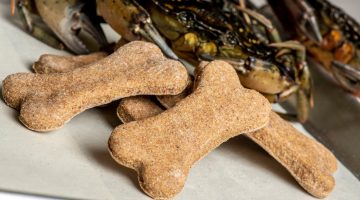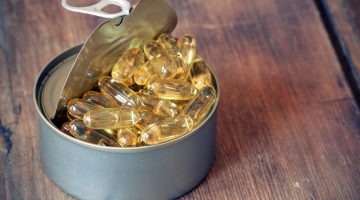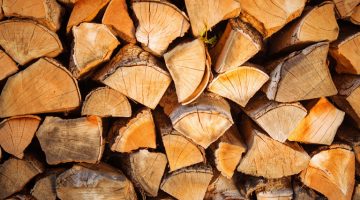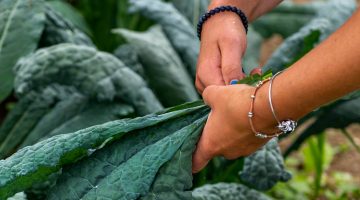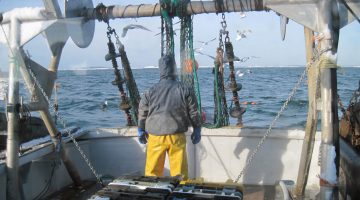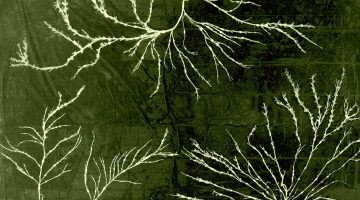UMaine Alert
Posted: April 19, 2024 - 1:32 PM
At approximately 9:24 a.m. on Friday, April 19, a University of Maine graduate student was struck by a university vehicle on Long Road at the University of Maine campus in Orono. The student reports that they are at a local hospital with minor injuries.
Emergency services, including the Orono Fire Department, University Volunteer Ambulance Corps, University of Maine Police Department, Orono Police Department and Penobscot County Sheriff’s Office responded to the scene.
The university vehicle involved in the incident was a Chevrolet Express van. It was being operated by a university employee.
Counseling services and support are available for students, faculty or staff who may have been affected. The Counseling Center can be reached at 207-581-1392 and the Dean of Students Office can be reached at 207-581-1406.
The scene has been cleared and Long Road is now accessible. An investigation is being conducted by the University of Maine Police Department with assistance from the Penobscot County Sheriff’s Office Crash Reconstruction Unit. Any witnesses to the incident are encouraged to contact Lt. Noel Santiago at noel.santiago@maine.edu.

